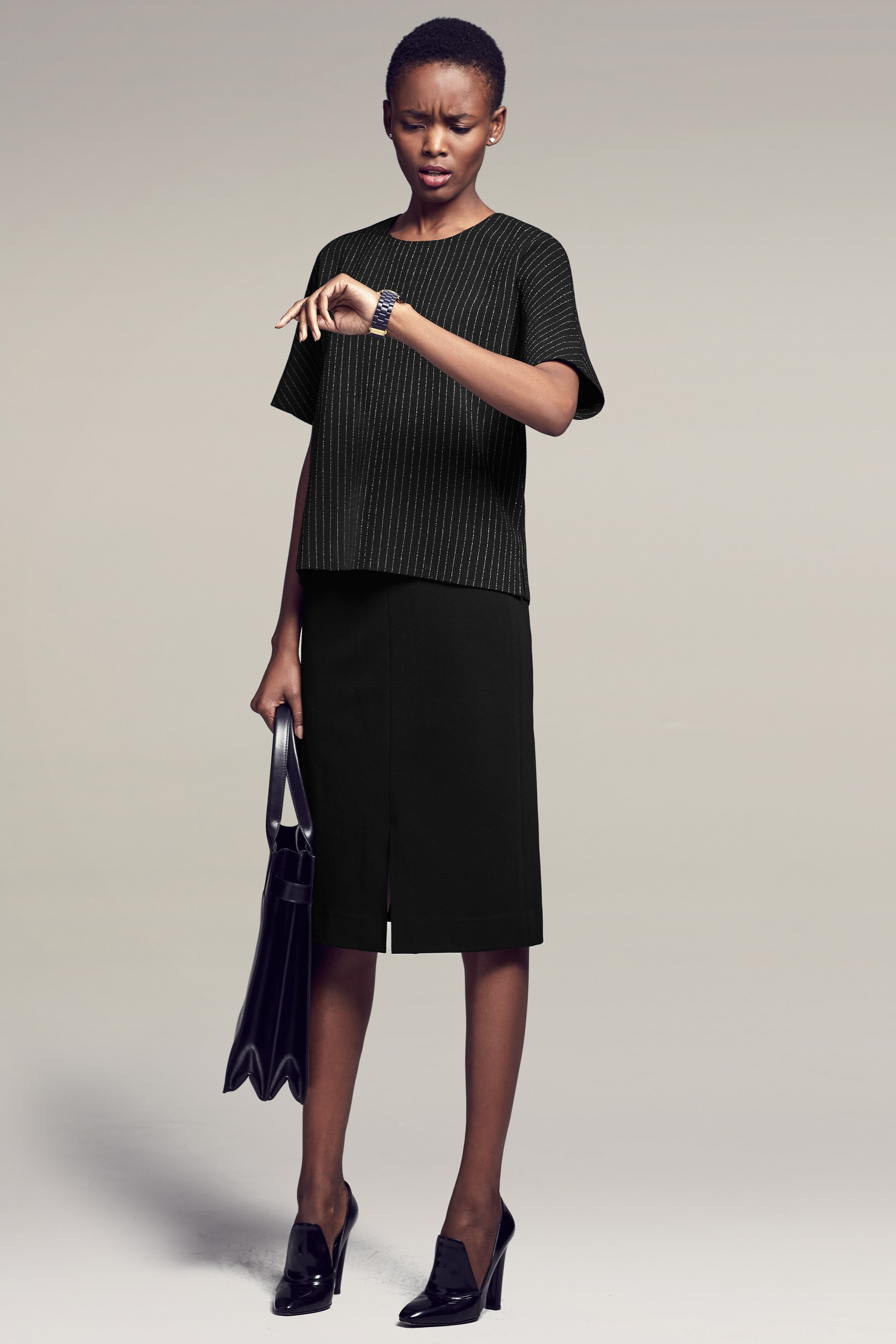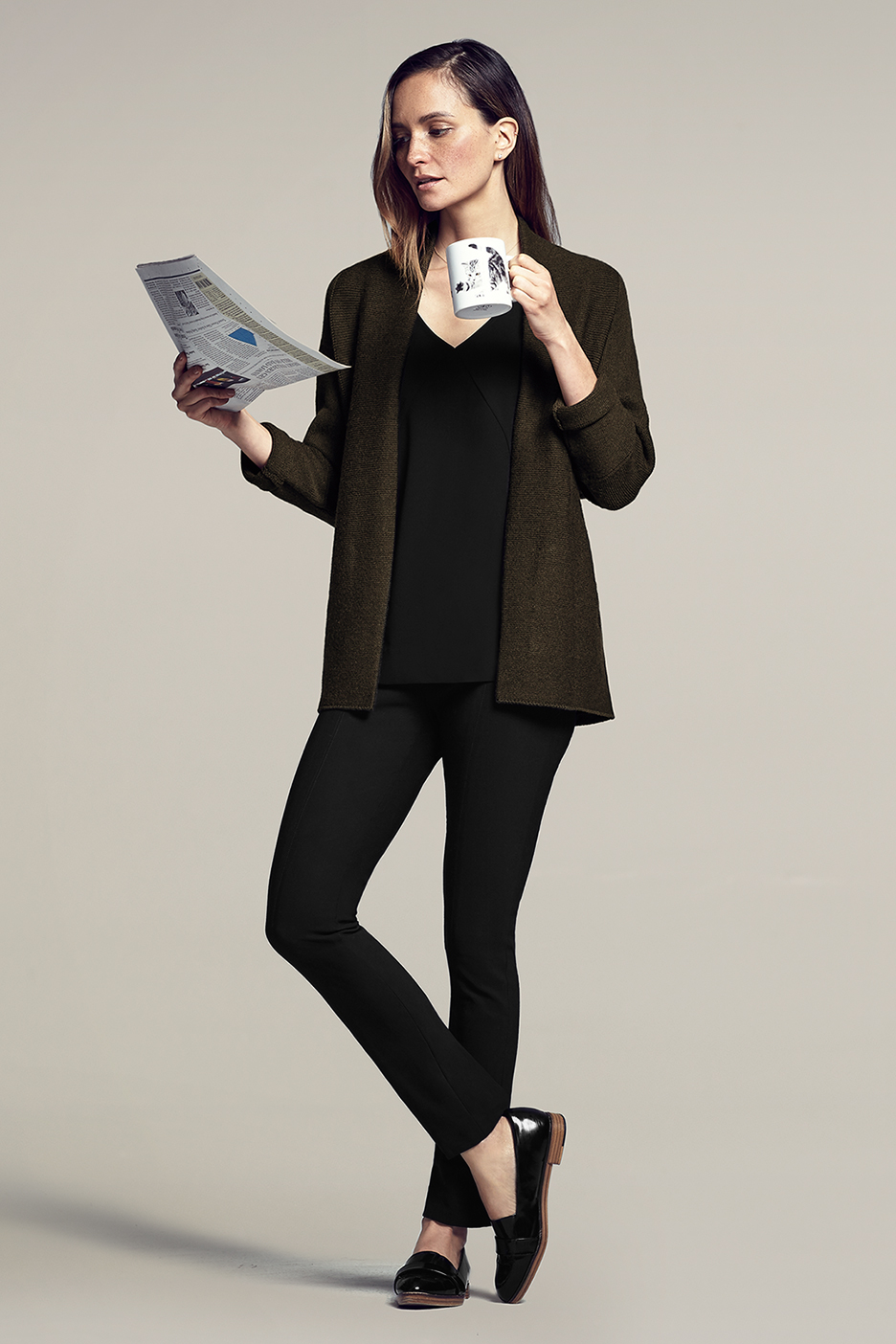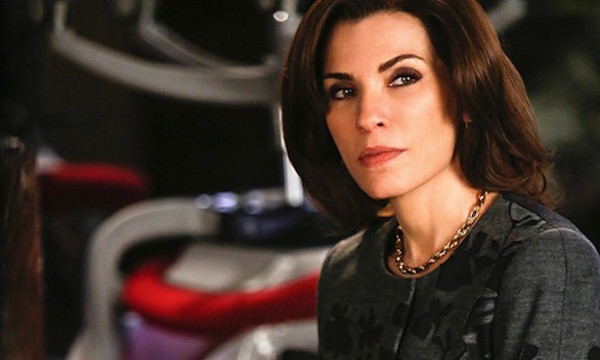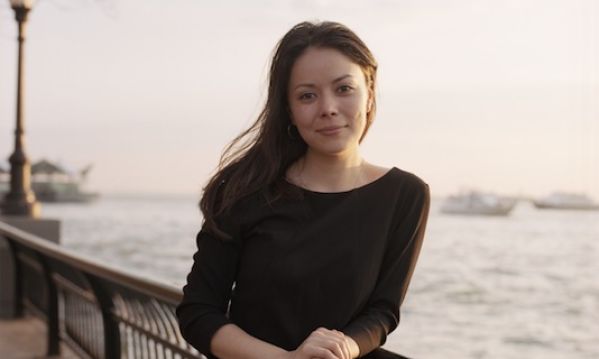Changing Careers: 6 Lessons I Learned at Age 30
March 18, 2016
Like so many of my friends, I fell into—rather than chose—my career path after college. I’d earned a degree in marketing, which had promised endless opportunities. But then the dot-com bubble burst, leaving me (and the rest of my class) desperately looking for work. I unexpectedly found myself in an entry-level textile job in fashion, which had definitely not been part of my plan. It’s no wonder I ended up changing careers at 30.
I stayed the course for many years, but after almost a decade working in product development, I dared to ask myself: What do I really want to do with my life? I had been at my current company for four years, and it was comfortable. Life was comfortable. I had a good boss, nice co-workers, and work that was steady. People tended to stay at this company for a while—15 years, 20 years, 25 years. During one on-site client meeting, I suddenly began to think, “Is this it? This can’t be it. I can’t retire here.” Cue my is-this-all-there-is moment of reckoning. It was time to make a move.
I had been freelance writing for a website, but I didn’t really see that as anything more than a fun hobby and a way to pay off debt. But once I realized that I absolutely, without a doubt, had to leave my job, I had an idea. What if I could freelance write for a living? Could I make it? Pay my bills? I began to pick up more and more projects, and one day I realized that if I was going to continue, I had to go all in.
Suddenly I found myself face-to-face with a massive career change at 30. I often cheered gutsy career-changers in movies, but I didn’t know anyone who had pulled it off in real life. So I learned as I went, and these are the six lessons for changing careers at 30 that have stuck with me.

Time to make a change? Switch gears in the Vreeland striped top and the Greenpoint skirt.
1. Trust your instincts.
It’s difficult to describe, but there’s a deep-down-in-the-gut feeling that tells you when you’re on the right path (even on days when it’s really, really hard). Fleetingly, I once thought I wanted to be a designer, but after taking sketching and sewing classes where I realized I couldn’t sew or draw a straight line, I gave up. My desire to write was different: It didn’t waver. It was a feeling I simply couldn’t shake. Once I committed to the idea of changing careers at 30, I voraciously read everything I could about becoming a professional writer, sought advice from anyone who would talk to me, and figured out how to make it happen—which was as scary as it was exciting.
2. Support might (and might not) come from surprising places.
When I announced my plan to quit and freelance, some of my co-workers scoffed, saying, “So you’re going to ‘write,’ huh?” Some even implied that I was turning my back on our company. My mother panicked over my future and wondered if “temping” was going to be fulfilling (to her, freelancing was a semi-unsavory word). My then-boyfriend, now husband, was supportive but still concerned, posing concrete questions like, “How will you find more clients?” and “What is your invoice cycle?” As it turned out, my boss at the time was one of the most positive and surprising champions I could have had, saying, “If this is what you want, you have to go for it.” Expect a few naysayers, but don’t let them get you down. Rejoice in your allies, whomever they are.
3. Remember how to be feisty.
Just before graduating from college, I sent application after application with unwavering tenacity in the face of no’s and unresponsive recruiters. Once you get comfortable in a career, it’s easy to lose that spark. But there’s nothing like the uncertainty of freelancing to kick your survival instincts into high gear. I had rent to pay, and if I didn’t maintain a steady stream of work, the paychecks wouldn’t “magically” appear every two weeks like they had before.

You’ve got this. Put on your Morandi sweater, Radner camisole, and Foster pant, and go for it.
4. Stay humble (or return to a place of humility).
I got humbled. Really, really humbled. Although a decade in fashion gave me a certain amount of credibility as a writer, I had to pay my dues in an entirely new professional world. Although I had been in fashion for a long time, I hadn’t been a copywriter in fashion. Or in anything else. I took $10 gigs writing for dating websites, wrote copy for adult novelty products, and put in long hours elaborating on the merits of different baby strollers. I had to start somewhere, and it wasn’t an even playing field from where I stood.
5. Respect your elders—and your juniors.
Changing careers at 30 meant I once ended up reporting to someone nine years younger than me—and it did feel weird. But it boiled down to the fact that she had found her calling years before I had. It took me a little while, but I realized (and learned to accept) that even though she was younger, she had been doing this much longer than I had. Professionally, she had seniority. She hustled. She was a good writer. I put my ego aside to learn from her, and to benefit from what she had learned about writing while I had been doing something else.
6. Life experience matters.
Although I was starting over again as a writer, I still had almost ten years of work experience under my belt. I wasn’t a total newbie to the game. I had worked in big and small companies, survived layoffs, and navigated the explosive growth of startups. I knew how to follow up with key stakeholders, persist to get results, and juggle multiple tasks. I wasn’t daunted by meeting with clients, working with executives, or picking my way through internal politics in my new industry—because I’d been practicing those things for years in my previous jobs. You might be starting in a new field, but it doesn’t mean you’re starting from scratch.









